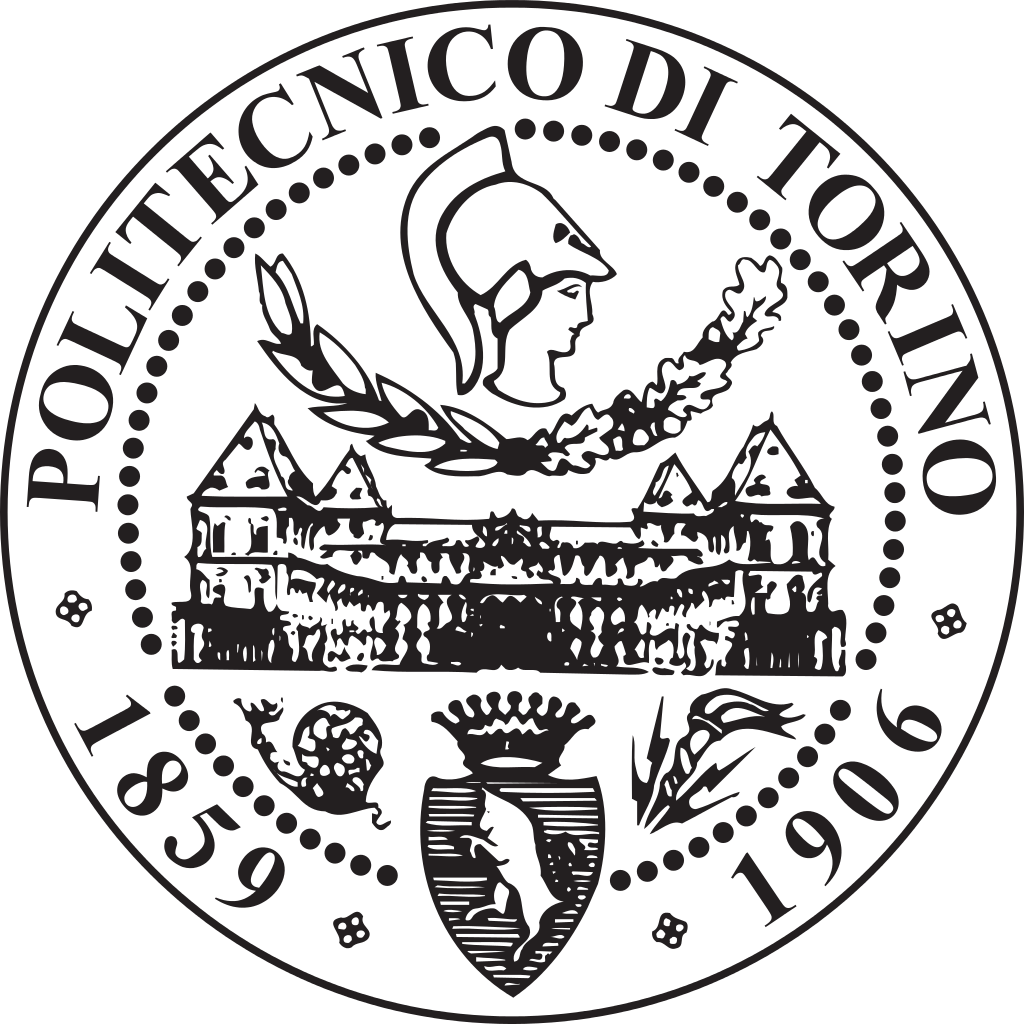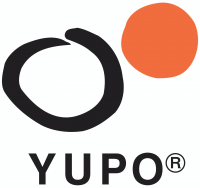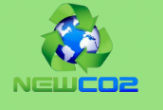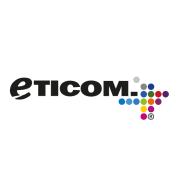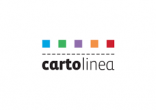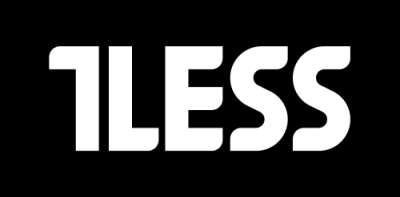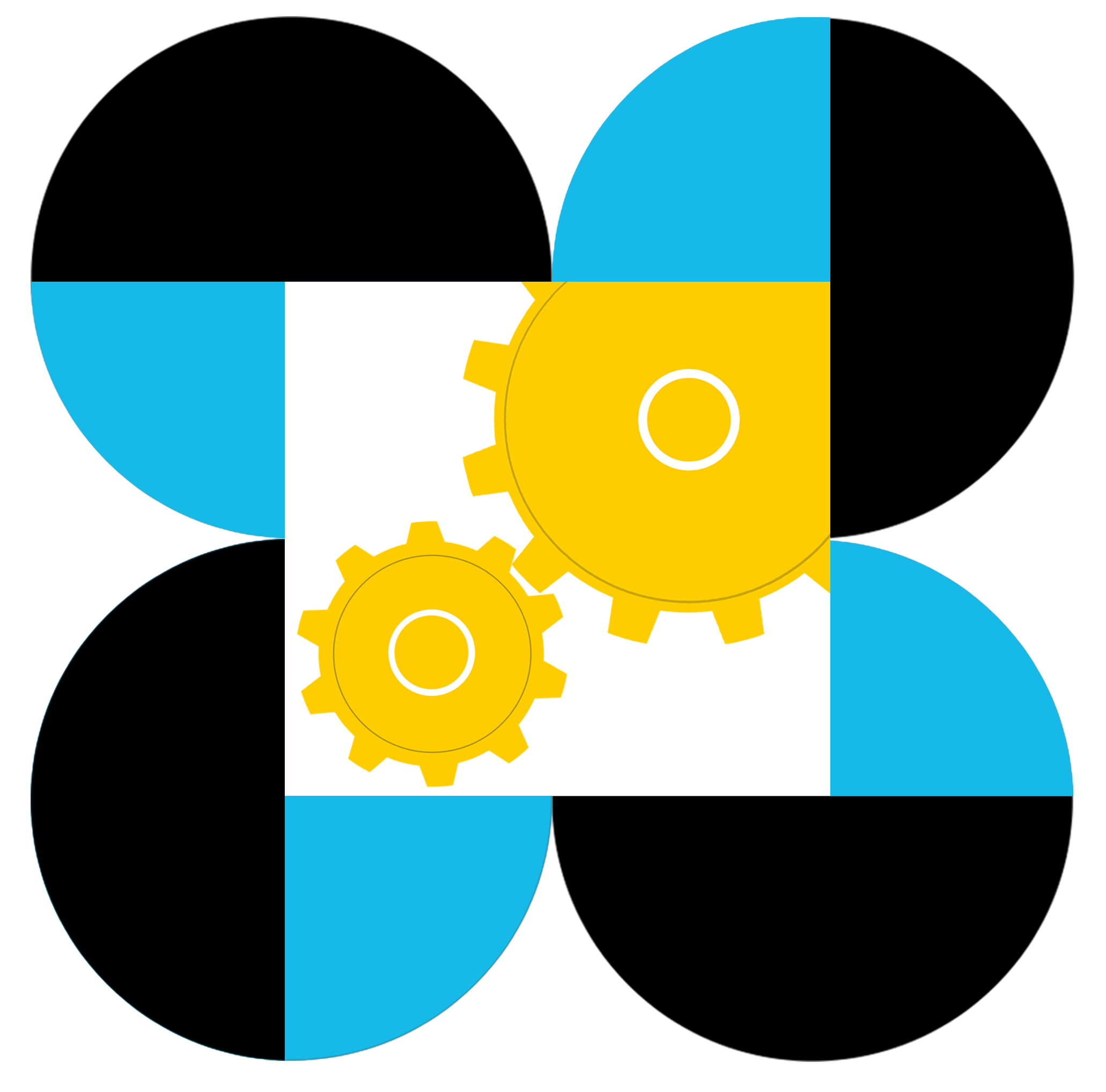
Industrial Technology Development Institute
The ITDI is among the instrumentalities that laid the groundwork, in the early years, for S&T in the Philippines. Today, it is one of the DOST's RDIs (research and development institutes) and undertakes multidisciplinary industrial R&D, technical services, and knowledge translation or technology transfer and commercialization. ITDI harnesses know-how in new technology and product innovation, and through the years, has emerged as a credible and reliable industry and government partner in accelerating growth and development in the country.
Research & Development Thrusts
The ITDI is multidisciplinary and its R&D activities are focused on five major areas, namely: food processing, materials science, chemicals and energy, environment and biotechnology, and packaging technology. Specifically, ITDI programs envision to propel industrial development by developing technologies that are aligned with the following DOST Outcomes:
Science-based know-how and tools that enable the agriculture sector to raise productivity to world-class standards;
innovative, cost-effective, and appropriate technologies that enable MSMEs to develop and produce competitive products that meet world-class standards;
state-of-the-art facilities and capabilities that enable local industries to move up the value chain and attain global competitiveness; and,
improved quality healthcare and quality of life thru science, technology, and innovation.
Technical Services
The ITDI provides a variety of technical services and interventions to different stakeholders particularly the industry, to help modernize the production sector, improve its productivity, and become globally competitive.
In 2013, the most advanced failure analysis and material characterization testing facility for the semiconductor and electronics industry in the Philippines called the ADMATEL or Advanced Device and Materials Testing Laboratory was established. With this national facility in place, companies need not send their materials and sample products abroad for failure analysis (FA) and could realize shorter turn-around time and savings, thereby creating a more conducive business environment.
The Institute is also the national agency for tests and analyses, and custodian for weights and measures. As such, the ITDI plays a critical role in the standardization of various products and materials, and in the maintenance of the accuracy and international traceability of the various units of measurement.
ITDI's National Metrology Laboratory or NML is also the Philippines' National Metrology Institute or NMI. Through NML the country's Calibration and Measurement Capabilities (CMC) in the field of mass (21) have been registered in the BIPM database (www.bipm.org.), joining the ranks of the world's premier NMIs, and enjoying mutual and global recognition of its measures and standards.
A national measurement infrastructure for chemistry or metrology in chemistry (MiC) is also being established to ensure comparability and traceability of results of tests done in different laboratories, regardless of country, field of application, or time performed, echoing the MiC mantra, Once tested, accepted everywhere. Starting January 21, 2014, ITDI has been designated as the Institute for MiC in the Philipppines under the CIBM-MRA (International Committee on Weights and Measures Mutual Recognition Arrangement).
Knowledge Translation or Technology Transfer (KT/TT)
Likewise, the ITDI rigorously pursues and sustains its R&D efforts and services to spur technology innovation and adaptation for possible commercialization. Through knowledge translation or techno-transfer, results of R&D come to fruition where small to medium businesses are started, thereby creating employment for many; while provision of technical services and/or assistance has improved the productivity and competitiveness of stakeholders.
In support of this mission, the Institute implements various institutional schemes that are designed to facilitate the transfer and/or adoption of technologies and services under terms mutually beneficial to both clients and the Institute. Such schemes or programs cover a wide range of industry sectors and vary in the size of firms assisted and in the level of assistance.
TO ACCESS THE WEBSITE PLEASE TYPE Industrial Technology Development Institute INTO YOUR BROWSER AS THE LINK HERE IS INACTIVE





